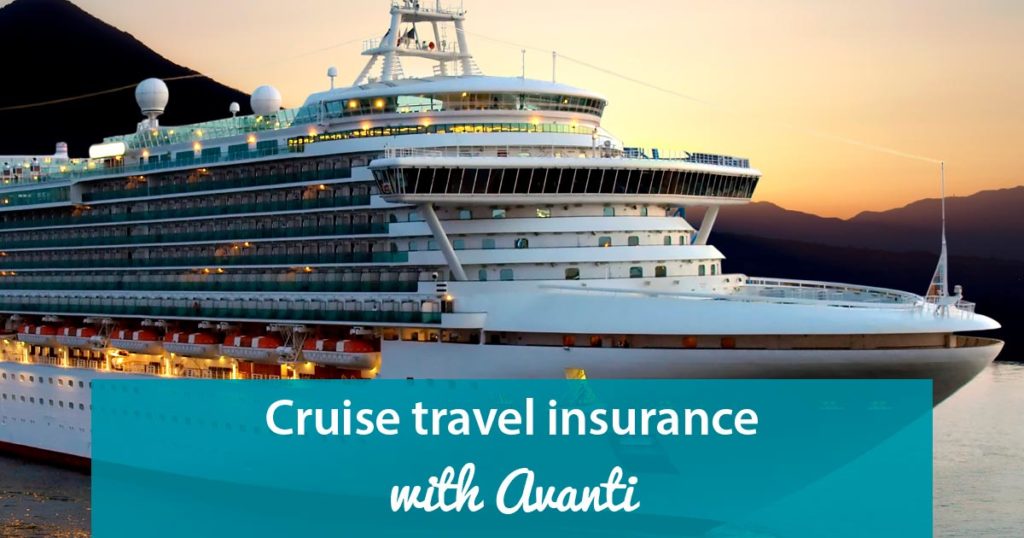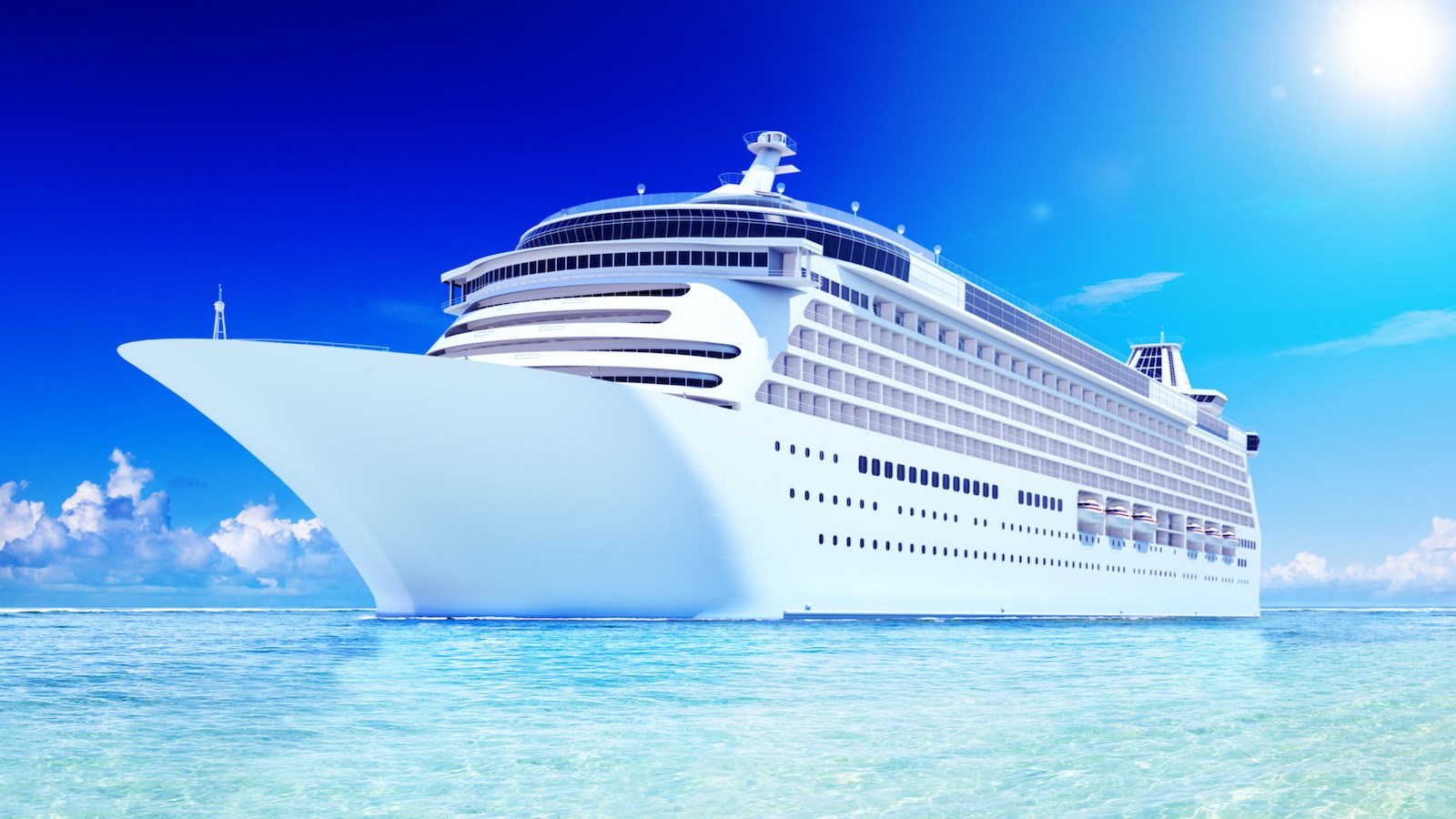Table Of Content

Compared to the cost of a cruise, travel insurance is a smart investment. Plans are not one-size-fits-all, as the price and conditions will vary, but generally travelers can expect to pay 4% - 10% of their total, nonrefundable trip costs. If you should unexpectedly fall ill or become injured while you're on your cruise, you'll need some sort of medical insurance coverage to offset the expense of the care you receive. Many cruisers don't know that their home medical insurance provider may not cover any care they receive outside of their home country and some may only cover a portion of the costs. The right cruise insurance policy offers the coverage you need at a good price, but policies aren’t one-size-fits-all. We’ve run quotes for various coverage scenarios — from seniors to adventure tours — to find the best cruise insurance policies.
Our top picks of timely offers from our partners
Your formal attire -- and all your other clothes and accessories -- will literally miss the boat. If your bag is delayed a certain number of hours (policies vary), your policy will reimburse you for "necessary personal effects" such as a new outfit and toiletries to tide you over until your bag is delivered. If you’re concerned about the effect of the coronavirus pandemic on your vacation plan, consider upgrading to CFAR coverage.

Ship-to-Shore Coverage
The 5 Cheapest Travel Insurance Companies Of April 2024 - Forbes
The 5 Cheapest Travel Insurance Companies Of April 2024.
Posted: Tue, 16 Apr 2024 12:03:00 GMT [source]
Cruising is a great way to explore multiple destinations in one trip. All reputable insurance companies will offer a "free-look period" during which you can receive a 100% refund on your premium. This allows you to review the policy you've selected and return it for any reason within the period allotted — usually for a small administration fee of less than $10. You'll also find some basic plans that cost even less than 4% of your trip expenses, while some super-premium plans that cover just about any conceivable issue can cost as much as 12% of your trip expenses.
Trawick International travel insurance review 2024
If you're booking a cruise, we recommend purchasing travel insurance when you make your first trip payment. That could be for the cruise itself or an expense like airfare to get you to your cruising destination. This way, if you have to cancel your trip, you'll have the most extended coverage period possible. But each plan offers cruise-specific coverages like ship-based mechanical breakdowns, coverage for missed prepaid excursions if your cruise itinerary changes, and covered service disruptions aboard the cruise ship. The Explorer Plan is World Nomads' premium travel insurance plan and covers a longer list of activities than the Standard Plan.
But for most travelers, having a backup plan in case anything goes wrong makes the trip that much more enjoyable. For our test trip, Allianz Global Assistance’s basic plan cost $106, slightly below average. Here’s a closer look at our five recommendations for cruise insurance and what makes them unique. We believe everyone should be able to make financial decisions with confidence.
Best Cruise Travel Insurance With COVID-19 Coverage: battleface
You can review the list of covered activities here and decide if the more affordable Standard Plan works for you. Travel Guard has a variety of options to help protect your trip depending on the coverage you need. For shorter cruises, the Preferred Plan may have all the coverage you need.
Trip Delay/Missed Connection
Cruise travel insurance plans bundle together several types of coverage. Here are types of coverage you might care about most when you’re planning a cruise. AXA Assistance USA’s Platinum offers $1 million in emergency medical evacuation coverage, $250,000 in emergency medical coverage and has a high per-person limit for baggage and personal items loss. Without proof of medical evacuation coverage, foreign providers will also want that money upfront.
Based on the MarketWatch Guides industry-wide review, Nationwide offers the best cruise insurance plan. Cruise insurance can help protect your vacation by reimbursing prepaid, nonrefundable expenses if you’re forced to cancel. It can also cover additional expenses you incur unexpectedly on a cruise, including emergency medical bills and costs related to baggage loss. Some premium credit cards offer valuable travel protections comparable to what you might get from a standard travel insurance plan. Many travel insurance policies cover cruises, but cruise insurance may be tailored to the risks of cruises, covering transportation, accommodations, and activities. Getting travel insurance for cruises can offer peace of mind if you’re concerned about losing nonrefundable trip payments, travel delays, or covering emergency medical care.
A journalist by trade, she started her career covering politics and news in New York’s Hudson Valley. Her work included coverage of local and state budgets, federal financial regulations and health care legislation. Cruise insurance will cover the cost of prepaid, nonrefundable shore excursions, as long as you include them in the value of the trip you are insuring. If you’re worried that missed connections could disrupt your cruise, it’s worth considering TravelSafe for its excellent missed connection benefit. Cruise insurance isn't for every traveler — or even for every sailing.
Cruise-line insurance usually offers secondary coverage (see below) and is more limited than similarly priced coverage you can buy on your own. (For example, cruise-line coverage generally doesn't cover its own financial default.) Third-party travel insurance companies offer more inclusive policies that provide more protection, and these are often the best bet. Before buying this coverage, compare your options against your credit card benefits. You might also shop for general travel insurance policies to see if you can get a better deal than what’s offered through your cruise line. Some cruise lines require the purchase of a travel insurance policy before the final payment date when charges become nonrefundable.
Some will even cover the cost of evacuating from a foreign destination if you are in the midst of a medical crisis. Some policies will also cover out-of-pocket costs related to a flight delay or cancellation that results in you missing your cruise departure (for instance, the cost of catching up to the ship at its next port). Expenses related to baggage delays and loss are often covered as well. From scuba diving in the Caribbean sea to riding ATVs through the mainland, excursions offer a chance to experience destinations included in your itinerary. Travel insurance can cover these expenses through the Trip Cancellation, CFAR, or Trip Interruption benefits should you need to cancel your plans. If you plan on partaking in more extreme excursions, you will need to find a policy that explicitly includes Sports & Activities coverage.
You generally must buy it within 15 to 20 days of making your first trip deposit. Benefits don’t kick in until you are a specified amount of time into your trip, for example 48 or 72 hours. Most U.S. health insurance plans won't cover medical emergencies that occur outside of the country. For cruisers especially, this can result in extremely high out of pocket expenses if an unforeseen injury or illness occurs if they don’t have a travel medical insurance policy.

No comments:
Post a Comment